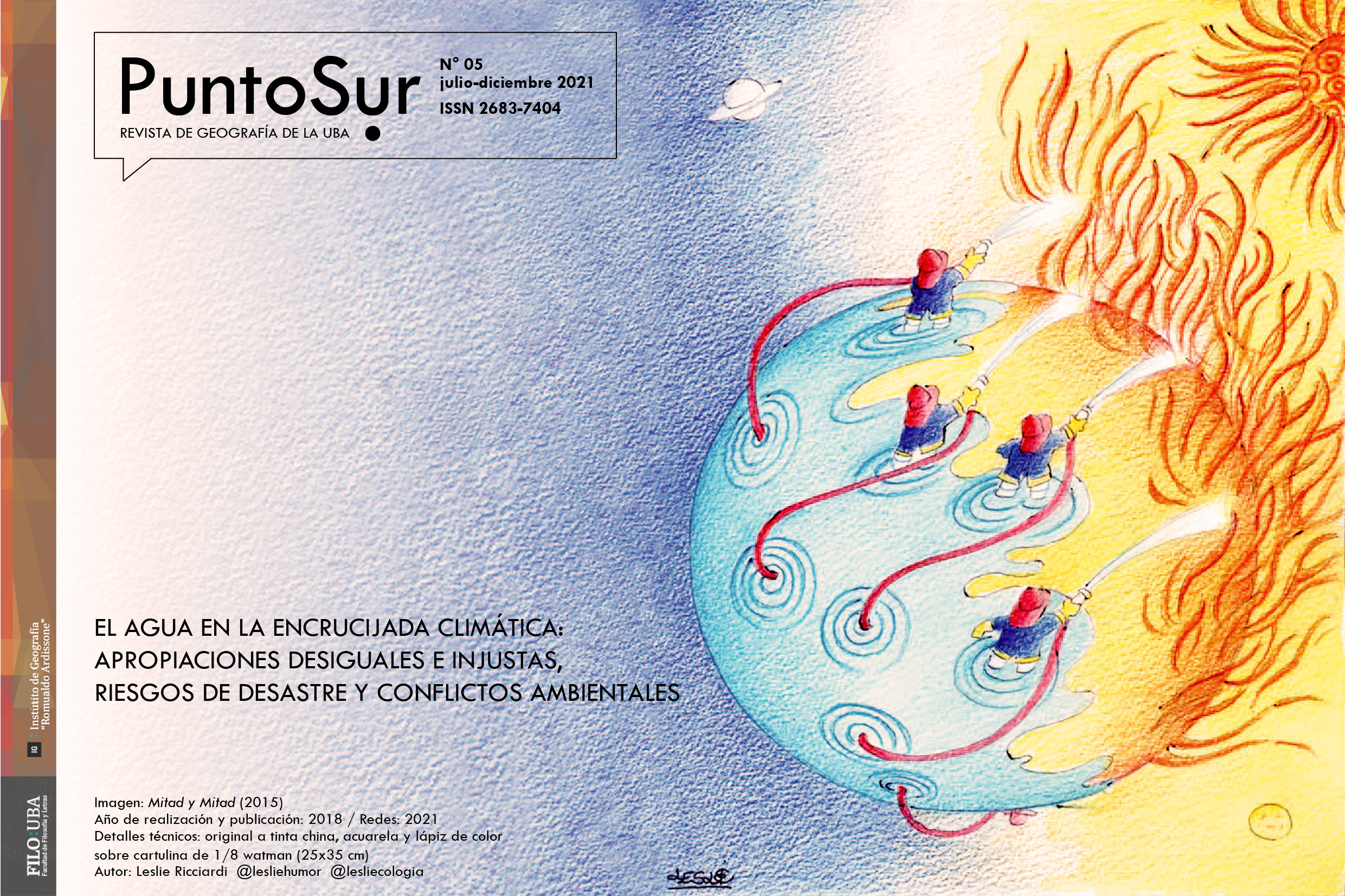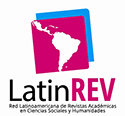The history of those who do not appear in history. Reflections and narratives on rural tourism from a community museum project in Mas Blanco (Aragon, Spain)
Keywords:
rural tourism, new museology, Teruel, depopulation, marketization
Abstract
Traditionally, the narratives produced around tangible and intangible cultural heritage, as tourist offer in the rural area, have focused on highlighting the figure of powerful characters –usually white men, and upper classes– and on valuing the most notable constructions, leaving behind other cases of heritage linked to popular or working classes. From the basis that rural tourism is an activity that contributes to dynamize and diversify the economy of these territories, the paper aims to critically address the dominant discourses and narratives that are built on the history of most of our rural areas, especially through those initiatives and projects capitalized from the centralized public administration. As a counterpoint to this critical analysis, an example of new community museology developed in a rural area in crisis, the autonomous community of Aragon, is shown through the project of the Museo de las Masías y la Memoria Rural in the village of Mas Blanco in which, both from its conception and in the tale about the history of this place, the role of rural women and popular classes stand out.Downloads
Download data is not yet available.
Published
2021-12-29
How to Cite
del Romero Renau, L. (2021). The history of those who do not appear in history. Reflections and narratives on rural tourism from a community museum project in Mas Blanco (Aragon, Spain). Punto Sur, (5). https://doi.org/10.34096/ps.n5.11002
Section
Artículos libres






















